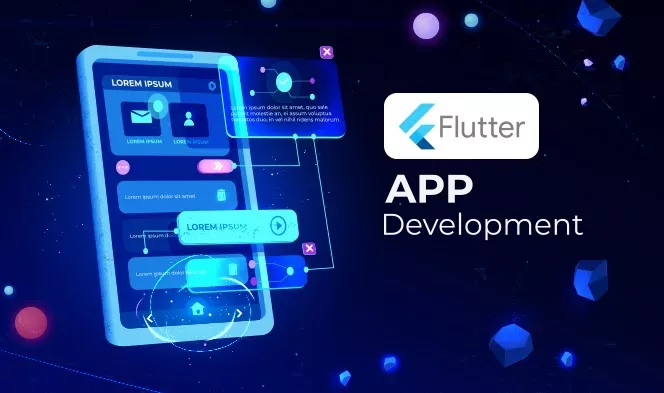In the world of mobile and web development, choosing the right framework can significantly impact the efficiency and quality of your projects. Flutter, Google’s open-source UI toolkit, has been gaining popularity since its inception. But is Flutter good for coding? In this blog post, we’ll explore the benefits and potential drawbacks of Flutter to help you determine if it’s the right choice for your development needs.

Why Flutter Might Be Good for Coding
Single Codebase for Multiple Platforms
One of Flutter’s most compelling features is its ability to create applications for multiple platforms using a single codebase. This means you can write your code once and deploy it on iOS, Android, web, and desktop platforms. This not only reduces development time but also simplifies maintenance and updates.
Rich Set of Widgets
Flutter comes with a comprehensive set of pre-designed widgets that allow developers to build highly customized and responsive UIs. The framework’s rich set of widgets adheres to Material Design and Cupertino standards, making it easier to create applications that look and feel native to their respective platforms.
Hot Reload
Flutter’s hot reload feature is a game-changer for developers. It allows you to see the results of your code changes almost instantly without restarting the app. This speeds up the development process and makes it easier to experiment with different UI designs and functionality.
Performance
Flutter applications are compiled directly to native code using the Dart language, which enhances performance. This native compilation helps in achieving smooth animations and quick response times, resulting in a high-quality user experience.
Strong Community and Ecosystem
Flutter boasts a growing and active community that contributes to a rich ecosystem of packages and plugins. Whether you need third-party integrations, UI components, or utilities, the community and package repository provide valuable resources that can accelerate development.
Consistent UI Across Platforms
Flutter’s widget-based architecture ensures that your application’s UI remains consistent across different platforms. The framework’s rendering engine provides a uniform look and feel, reducing the need for platform-specific adjustments.
Dart Language
Dart, the programming language used by Flutter, is designed for ease of use and performance. It supports both just-in-time (JIT) and ahead-of-time (AOT) compilation, enabling efficient development and high-performance execution. Dart’s strong typing and asynchronous programming features also contribute to cleaner and more maintainable code.
Potential Drawbacks
Learning Curve
For developers new to Dart or coming from other frameworks, there might be a learning curve. Although Dart is designed to be easy to learn, the transition from more familiar languages or frameworks can take some time.
Package Maturity
While Flutter’s package ecosystem is growing, some packages may not be as mature or well-supported as those available for more established frameworks. Developers might encounter issues with certain packages or need to build custom solutions.
App Size
Flutter apps can have a larger binary size compared to native apps due to the inclusion of the Flutter engine and framework. While this is generally manageable, it can be a consideration for applications where binary size is a critical factor.
Limited Platform-Specific Features
Although Flutter supports many platform-specific features, there might be cases where you need access to platform-specific APIs or capabilities not covered by Flutter’s core widgets. In such cases, you may need to write custom platform channels or plugins.
Conclusion
Is Flutter good for coding? The answer largely depends on your specific needs and preferences as a developer. Flutter offers many advantages, including a unified codebase for multiple platforms, a rich set of widgets, and impressive performance. Its hot reload feature and strong community support further enhance its appeal.
However, there are some trade-offs, such as a learning curve for Dart and potential issues with package maturity. For many developers, the benefits of Flutter outweigh the drawbacks, making it a strong choice for building modern, cross-platform applications.

Leave a Reply